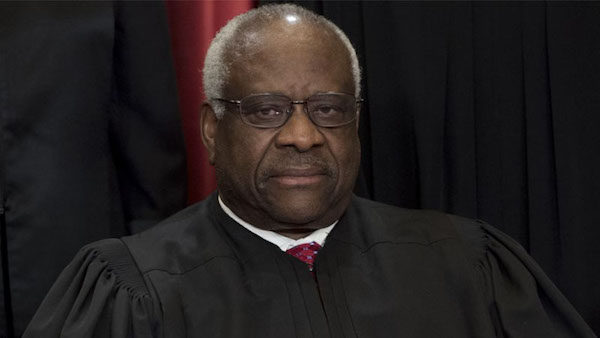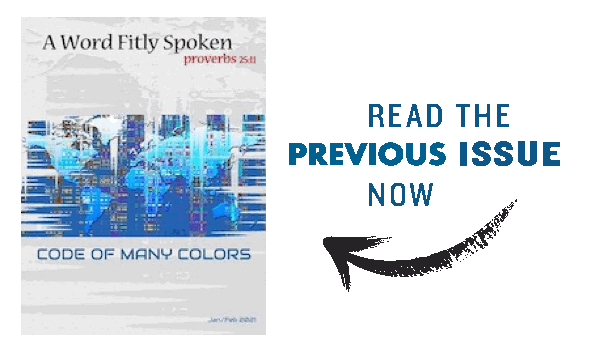
Justice Thomas Blasts Supreme Court For Dismissing Election Fraud Lawsuit In Scathing Dissent
JAMIE WHITE
"By doing nothing, we invite further confusion and erosion of voter confidence. Our fellow citizens deserve better and expect more of us," he writes.
The Supreme Court on Monday declined to hear a dispute over whether absentee ballots received up to three days after Election Day in Pennsylvania was constitutional.
The Court dismissed in a 6-3 split decision the lawsuit – with conservative Justices Neil Gorsuch, Clarence Thomas, and Samuel Alito dissenting – against the Pennsylvania state court decision over the extended mail-in ballot deadline, claiming it was “moot” now that the 2020 presidential election is over.
Justices Thomas and Alito issued scathing dissents over the Court’s decision not to settle the dispute about mail-in ballots, especially to avoid more allegations of fraud in future elections.
“One wonders what this Court waits for. We failed to settle this dispute before the election, and thus provide clear rules. Now we again fail to provide clear rules for future elections,” Thomas wrote.
“The decision to leave election law hidden beneath a shroud of doubt is baffling. By doing nothing, we invite further confusion and erosion of voter confidence. Our fellow citizens deserve better and expect more of us. I respectfully dissent.”
Thomas blasted Pennsylvania Democrat officials exercising powers they don’t have and warned that unless these unconstitutional practices are addressed, they will likely continue in future elections.
“Changing the rules in the middle of the game is bad enough. Such rule changes by officials who may lack authority to do so is even worse,” Thomas wrote. “When those changes alter election results, they can severely damage the electoral system on which our self-governance so heavily depends. If state officials have the authority they have claimed, we need to make it clear. If not, we need to put an end to this practice now before the consequences become catastrophic.”
Thomas even pointed out that mail-in ballot fraud is common in cities like Philadelphia, but noted that it’s not just Pennsylvania where the fraud occurs.
“This problem is not unique to Pennsylvania, and it has not gone away.
Two years ago, a congressional election in North Carolina was thrown out in the face of evidence of tampering with absentee ballots,” Thomas noted. “Because fraud is more prevalent with mail-in ballots, increased use of those ballots raises the likelihood that courts will be asked to adjudicate questions.”
Notably, President Trump’s Supreme Court picks Brett Kavanaugh and Amy Coney Barrett voted with the liberal wing of the Court not to hear the lawsuit.

